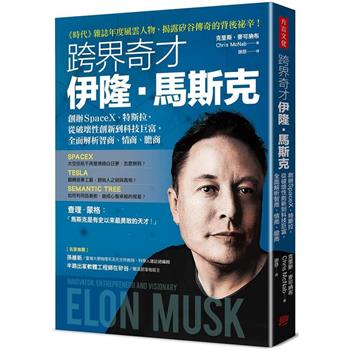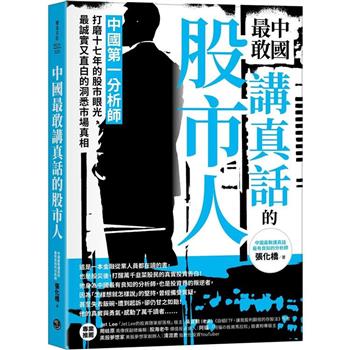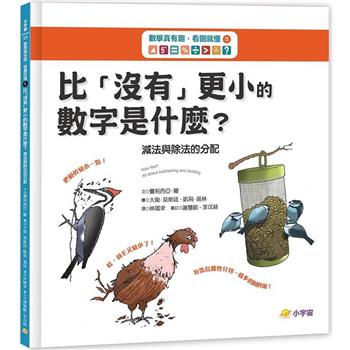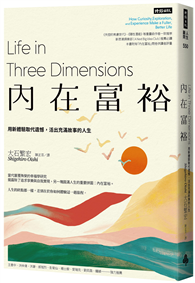"Antony’s Oriental Policy Until the Defeat of the Parthian Expedition" examines the political strategies and foreign relations of Mark Antony in the eastern regions of the Roman Republic, focusing particularly on his interactions with and policies towards the Parthian Empire. This historical analysis delves into the complexities of Antony’s ambitions, diplomatic maneuvers, and military campaigns in the East, culminating in the disastrous Parthian expedition.
Lucile Craven meticulously explores the factors that shaped Antony’s decisions, providing insights into his understanding of oriental cultures, his alliances, and his attempts to consolidate power in the region. The book offers a detailed account of the events leading up to the conflict with Parthia and analyzes the reasons for the expedition’s failure, shedding light on the political and military dynamics of the late Roman Republic and its interactions with the ancient Near East. This work remains valuable for students and scholars of Roman history, political science, and ancient Near Eastern studies.
This work has been selected by scholars as being culturally important, and is part of the knowledge base of civilization as we know it. This work was reproduced from the original artifact, and remains as true to the original work as possible. Therefore, you will see the original copyright references, library stamps (as most of these works have been housed in our most important libraries around the world), and other notations in the work.
This work is in the public domain in the United States of America, and possibly other nations. Within the United States, you may freely copy and distribute this work, as no entity (individual or corporate) has a copyright on the body of the work.
As a reproduction of a historical artifact, this work may contain missing or blurred pages, poor pictures, errant marks, etc. Scholars believe, and we concur, that this work is important enough to be preserved, reproduced, and made generally available to the public. We appreciate your support of the preservation process, and thank you for being an important part of keeping this knowledge alive and relevant.











